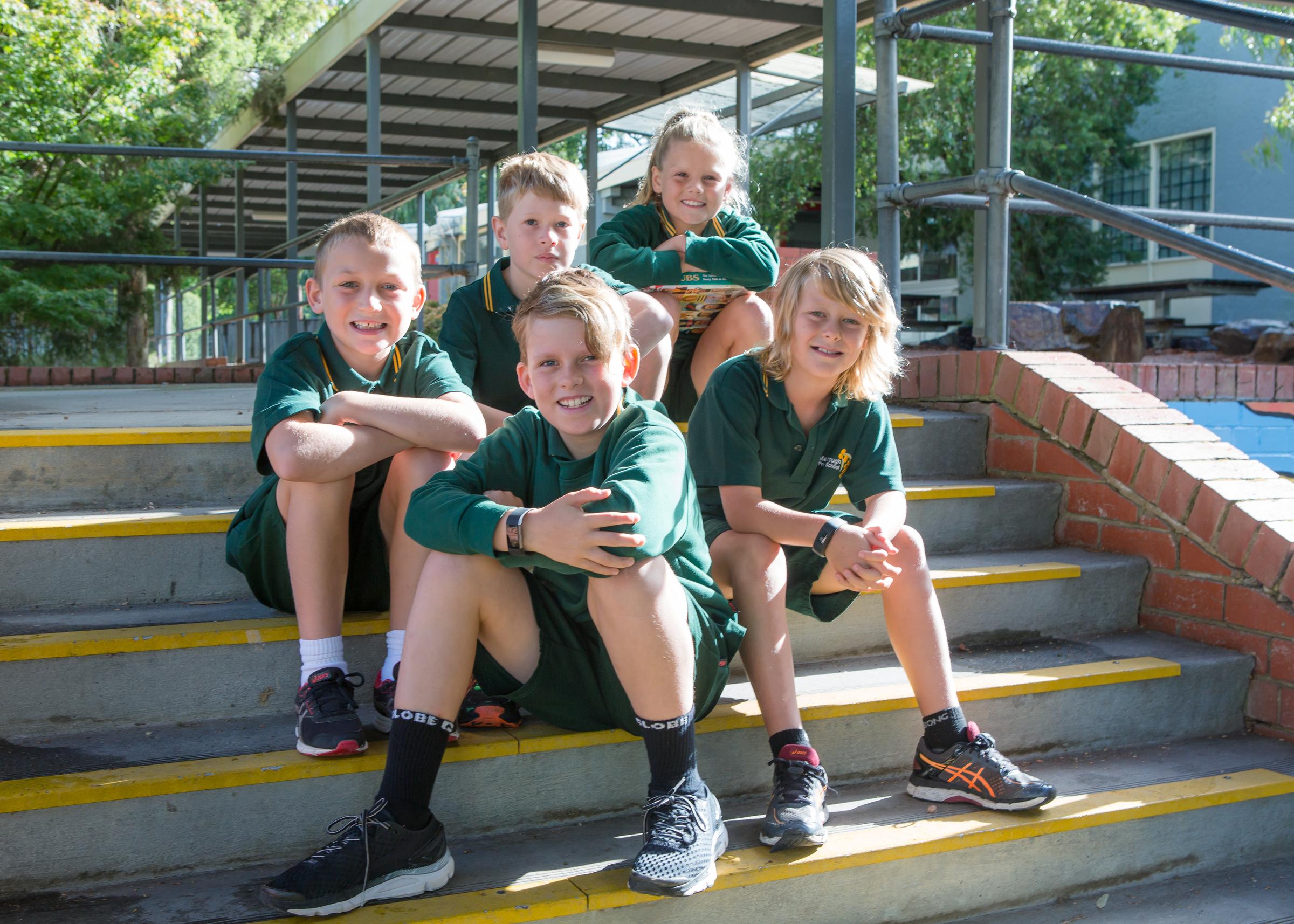Assistant Principal's Report

Maths - it's not a dirty word!
As educators, one of the most common comments we hear from parents is 'I wasn't very good at Maths when I was at school, so I guess they take after me', or ' I failed maths, so I don't know how to help them'. Maths can be one of the more daunting subjects for parents to assist their child with at home, especially if your personal experience with maths was not a positive one throughout school. Interestingly enough though it is one area of the curriculum which is living and breathing in all of our lives every day, and families are able to incorporate maths talks across a range of every day, almost mundane, tasks.
Often when parents ask how they can help with maths at home, the advice we give is less around sitting down and going through drills, or pages and pages of addition problems, but more talking through the maths that you undertake each day.
I would like to set a challenge for all of our families to take 5 minutes and write down all the maths that you have done today. This is perhaps more challenging than you think! Think about when you walk or drive somewhere, you are constantly judging distance, speed, and angles. When you are shopping, you are calculating the cost and total amount that you will need to pay - if you pay with cash, how much change are you expecting? When you are preparing dinner, what time do you want to eat impacts the time that you need to put the food into the oven, which impacts on when the oven needs to be turned on to heat up enough.... the list is endless!
Talking through the maths that you do, and inviting your child into those conversations, can have a huge impact on their understanding of the application of the maths they are learning in the classroom. This conversation creates an open dialogue with your child around how they use maths and gives them a reference point to connect to when they are learning at school. Each of our Units send out fortnightly Compass emails outlining what they are covering over the next two weeks, this can be a great resource for families to guide the mathematical discussions. If your child is learning about Time, involve them in figuring out what time they need to leave to get to a friend's house on time. If they are studying addition, ask them to calculate the total cost of the bread and milk you pick up on the way home from school.
Anxiety around maths can be a shared feeling for both children and their families. Jo Boaler is a Professor of Mathematics Education at Stanford Graduate School of Education and below I share her 6 tips for families to promote a positive approach to Mathematics, and how to reduce student anxiety when learning maths.
- Encourage children to play maths puzzles and games. Puzzles and games - anything with dice really - will help kids enjoy maths and develop number sense, which is critically important.
- Always be encouraging and never tell kids that they are wrong when they are working on maths problems. Instead, find the logic in their thinking. For example, if your child multiplies 3 by 4 and gets 7, say, "Oh, I see what you are thinking. You are using what you know about addition to add 3 and 4. When we multiply, we have 4 groups of 3..."
- Never associate maths with speed. It is not important to work quickly, and we now know that forcing kids to work quickly on maths is the best way to start maths anxiety for children, especially girls.
- Never share with your children the idea that you were bad at maths at school or you dislike it - especially if you are a mother. Researchers found that as soon as mothers shared that idea with their daughters, their daughters' achievement went down.
- Encourage number sense. What separates high and low achievers is having an idea of the size of numbers an being able to separate and combine numbers flexibly. For example, when solving 29 + 56, if you take one from the 56 and make it 30 + 55, it is much easier to work out.
- Perhaps most important of all: Encourage a "growth mindset" to let students know that they have unlimited maths potential and that being good at maths is all about working hard. When they tell you something is hard for them or they have made a mistake, tell them 'That's wonderful - your brain is growing!'
The one tip I would add to this list myself would be:
7. Talk to your child's teacher. If you do not know how to help your child, for whatever reason, have a chat, or email conversation with your teacher and we will be able to help you to help your child. Often as adults, we can feel ashamed or scared to ask for help if there is something our child wants to know about and we are not sure ourselves. As teachers, our goal is to support families and work together to give all students the best outcomes we can. No one will be judging you if you talk with your child's teacher about how to help with maths - actually, I think that the impression that you would leave would be 'How great that you have come and asked for support, what a supportive parent you are!'
